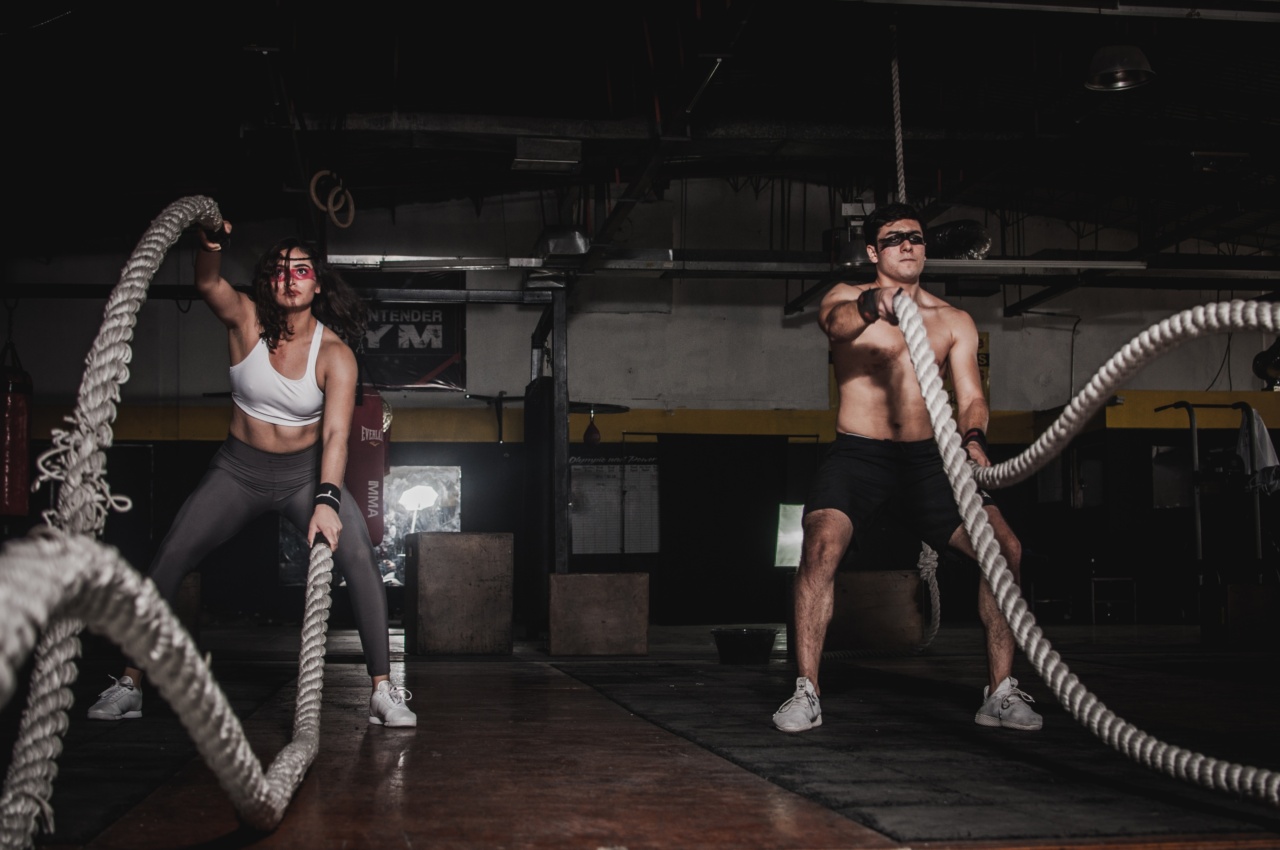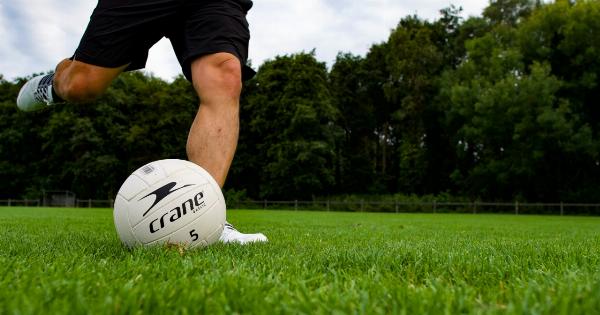Working out is an integral part of maintaining a healthy lifestyle. Regular exercise provides numerous benefits for both physical and mental health.
However, many people experience dizziness during their workout routines, and this can have a negative impact on their overall performance.
Causes of Dizziness during Workouts
There are several reasons why dizziness may occur during workouts:.
Dehydration
Dehydration is one of the most common causes of dizziness during workouts. When the body does not have enough fluids, it leads to a decrease in blood volume, which results in the brain receiving less oxygen.
This, in turn, may cause dizziness and lightheadedness. Therefore, it is essential to drink enough water before, during, and after workouts to maintain adequate hydration levels.
Low Blood Sugar
Another common cause of dizziness is low blood sugar levels. When the body does not have enough glucose, which is the primary source of fuel, it can cause dizziness, weakness, and fatigue.
This is especially true for people who follow low carbohydrate diets or do not eat enough before exercising. Therefore, it is important to eat a balanced meal before workouts to maintain blood sugar levels.
Overexertion
Overexertion during workouts is another reason why people may experience dizziness. When the body is pushed beyond its limits, it may lead to fatigue, shortness of breath, and dizziness.
Therefore, it is essential to pace oneself during workouts and gradually increase the intensity level over time.
Medical Conditions
In some cases, dizziness can be a symptom of an underlying medical condition such as anemia, hypothyroidism, or ear infections.
It is essential to consult a healthcare provider if dizziness continues to occur despite efforts to improve hydration, nutrition, and pacing during workouts.
How Dizziness Affects Workout Performance
Dizziness during workouts can have several negative effects on workout performance:.
Decreased Endurance
Dizziness can lead to decreased endurance levels during workouts. When people feel dizzy, they may have to take frequent breaks to recover, which can lead to longer workout times and reduced effectiveness of the workout.
Decreased Strength and Balance
Dizziness can also impact strength and balance during workouts. When people feel lightheaded, it becomes challenging to maintain proper form and balance during exercises such as squats, lunges, and deadlifts.
This can increase the risk of injury and reduce the efficiency of the workout.
Decreased Overall Performance
Dizziness can negatively impact overall workout performance by reducing the intensity and duration of the workout.
This can lead to slower progress and fewer results over time, making workouts less effective and potentially discouraging, leading to the possibility of quitting altogether.
How to Prevent Dizziness during Workouts
Preventing dizziness during workouts can be achieved by taking the following measures:.
Stay Hydrated
Drinking enough water throughout the day is critical for maintaining proper hydration levels. Drinking water before, during, and after workouts is essential to replace fluids lost during the workout.
Eat a Balanced Diet
Eating a healthy and balanced diet rich in carbohydrates, protein, and healthy fats is essential for maintaining stable blood sugar levels and proper fuel for your workout.
People following specific diets should also take special measures to ensure they are still consuming enough fuel.
Pace Yourself
It is essential to pace oneself during workouts to avoid overexertion. Starting slowly and gradually increasing the intensity level over time is vital for maintaining endurance and reducing the risk of dizziness.
Get Enough Rest and Recovery
Getting enough rest and recovery is essential for allowing the body time to heal and replenish itself. Adequate rest and sleep are particularly crucial for enhancing workout performance and preventing dizziness.
Conclusion
Dizziness during workouts can have a substantial negative impact on overall workout performance.
Thus, it is essential to take preventive measures that include staying hydrated, eating a balanced diet, pacing oneself, and getting enough rest and recovery to avoid dizziness during workouts.































